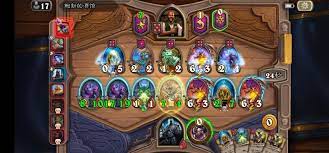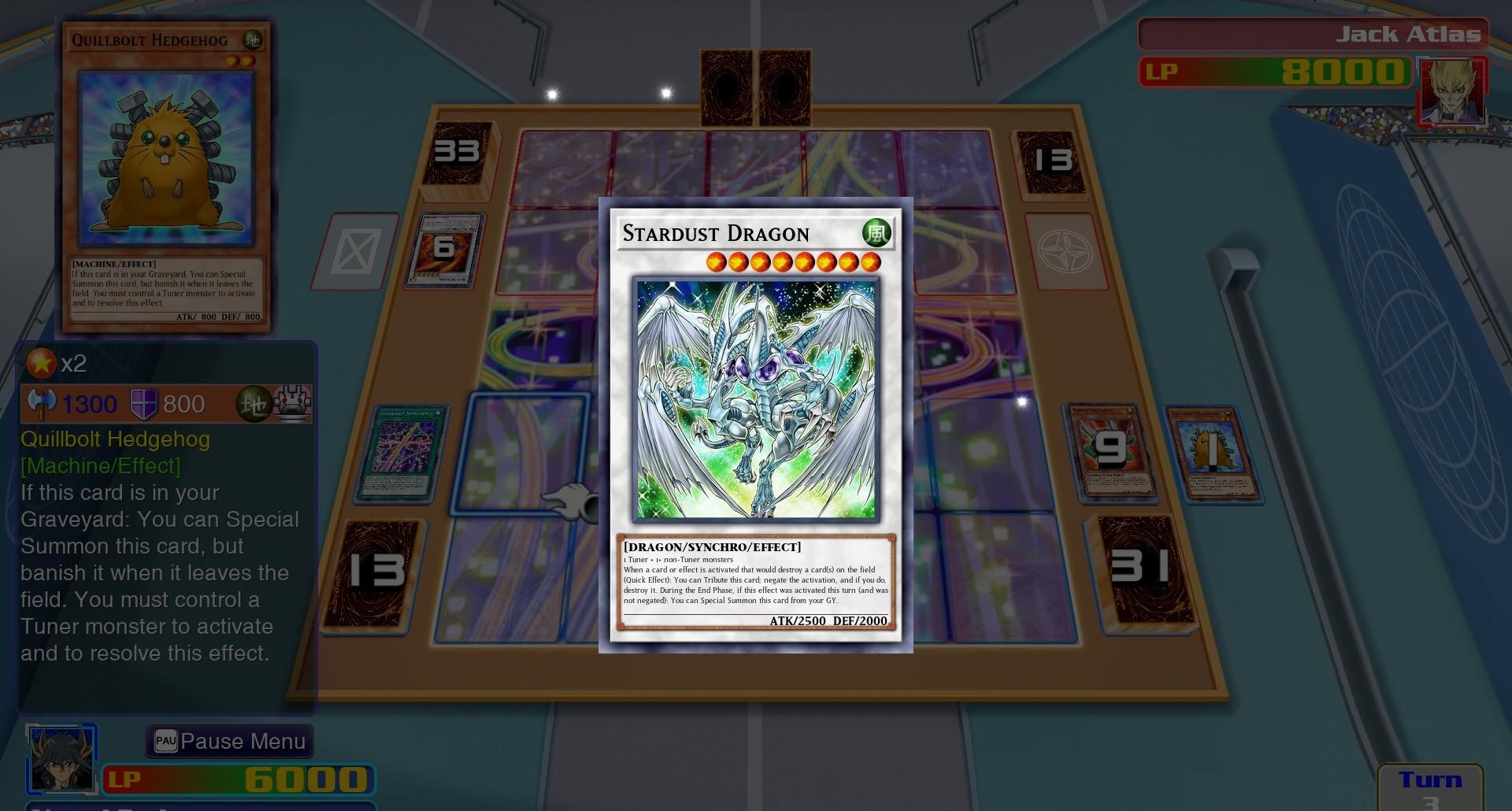Introduction

With the rapid development of technology and the widespread availability of gaming platforms, the issue of gaming addiction has become increasingly prevalent among individuals of all ages. This article aims to explore the causes, effects, and potential solutions to this growing concern.
Causes of Gaming Addiction

Several factors contribute to the development of gaming addiction. One of the primary reasons is the immersive nature of video games, which can provide players with a sense of escapism and achievement. Additionally, the psychological and social aspects of gaming, such as the thrill of competition and the formation of online communities, can also play a significant role in fostering addiction.
Other contributing factors include:
High levels of stress or anxiety, which can drive individuals to seek refuge in the virtual world of gaming.
Peer pressure or social influence, as individuals may feel compelled to keep up with their peers who are also gaming extensively.
Biological factors, such as a predisposition to addiction or a lack of self-control.
Effects of Gaming Addiction

The consequences of gaming addiction can be far-reaching and detrimental to an individual's well-being. Some of the most common effects include:
Physical health issues, such as eye strain, poor posture, and sleep deprivation.
Mental health problems, such as depression, anxiety, and social isolation.
Academic or professional difficulties, as individuals may neglect their responsibilities due to excessive gaming.
Financial problems, as individuals may spend large amounts of money on gaming subscriptions, in-game purchases, or gaming equipment.
Addressing Gaming Addiction

Recognizing the signs of gaming addiction is the first step towards addressing the issue. Some common signs include spending excessive amounts of time gaming, neglecting personal hygiene, and experiencing withdrawal symptoms when not gaming. Here are some strategies to help combat gaming addiction:
Setting limits: Establishing a daily or weekly gaming schedule can help individuals manage their gaming habits and ensure they are not spending too much time on the game.
Seeking support: Joining a support group or seeking professional help from a therapist can provide individuals with the tools and resources they need to overcome addiction.
Engaging in alternative activities: Encouraging individuals to participate in other hobbies or sports can help them find new interests and reduce their reliance on gaming.
Creating a healthy environment: Ensuring that the gaming space is comfortable and conducive to productivity can help minimize the temptation to overindulge in gaming.
Conclusion

Gaming addiction is a serious issue that can have profound effects on an individual's life. By understanding the causes, effects, and potential solutions, we can work towards creating a healthier and more balanced approach to gaming. It is crucial to recognize the signs of addiction and take proactive steps to address the problem before it spirals out of control.
Tags


























网友评论